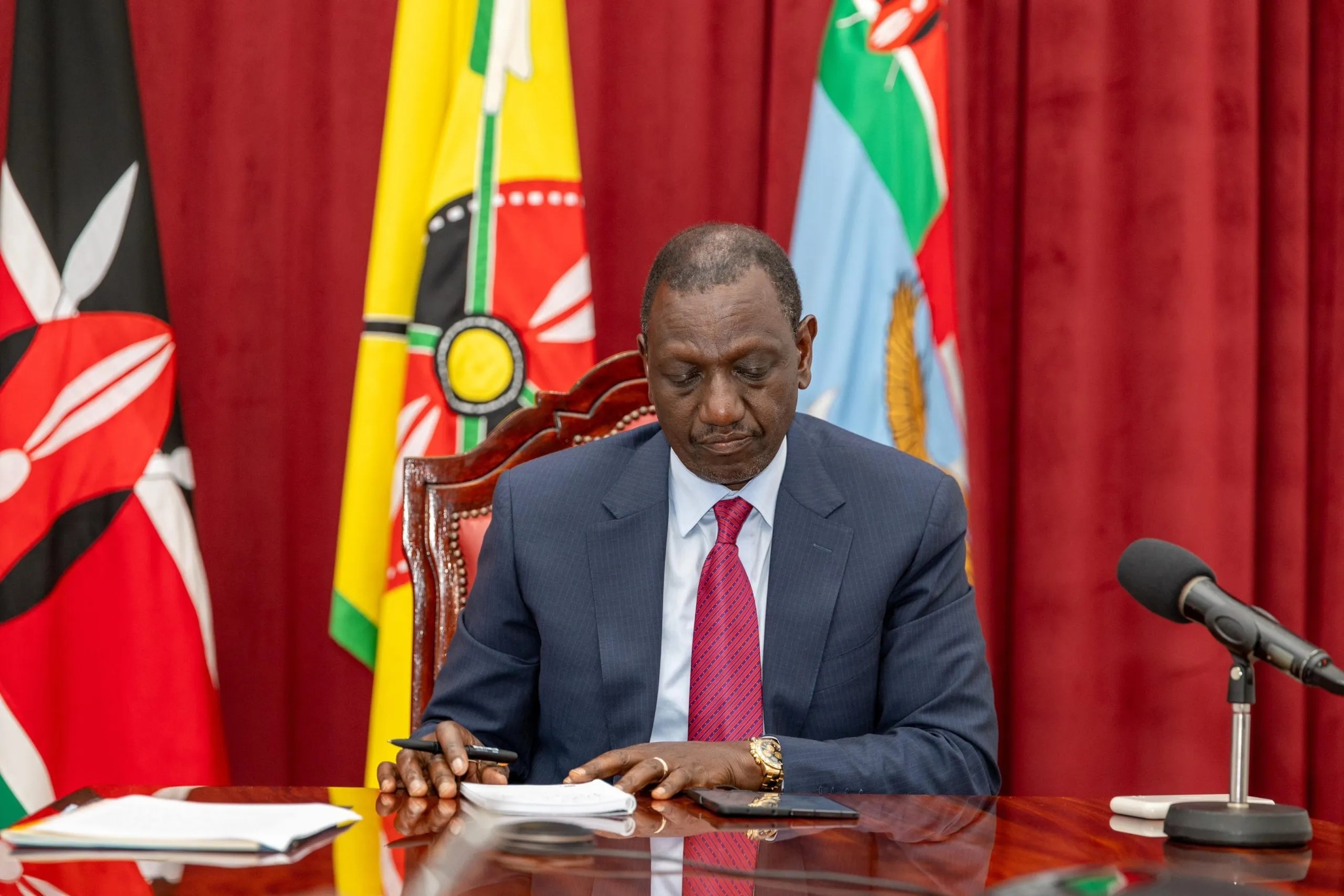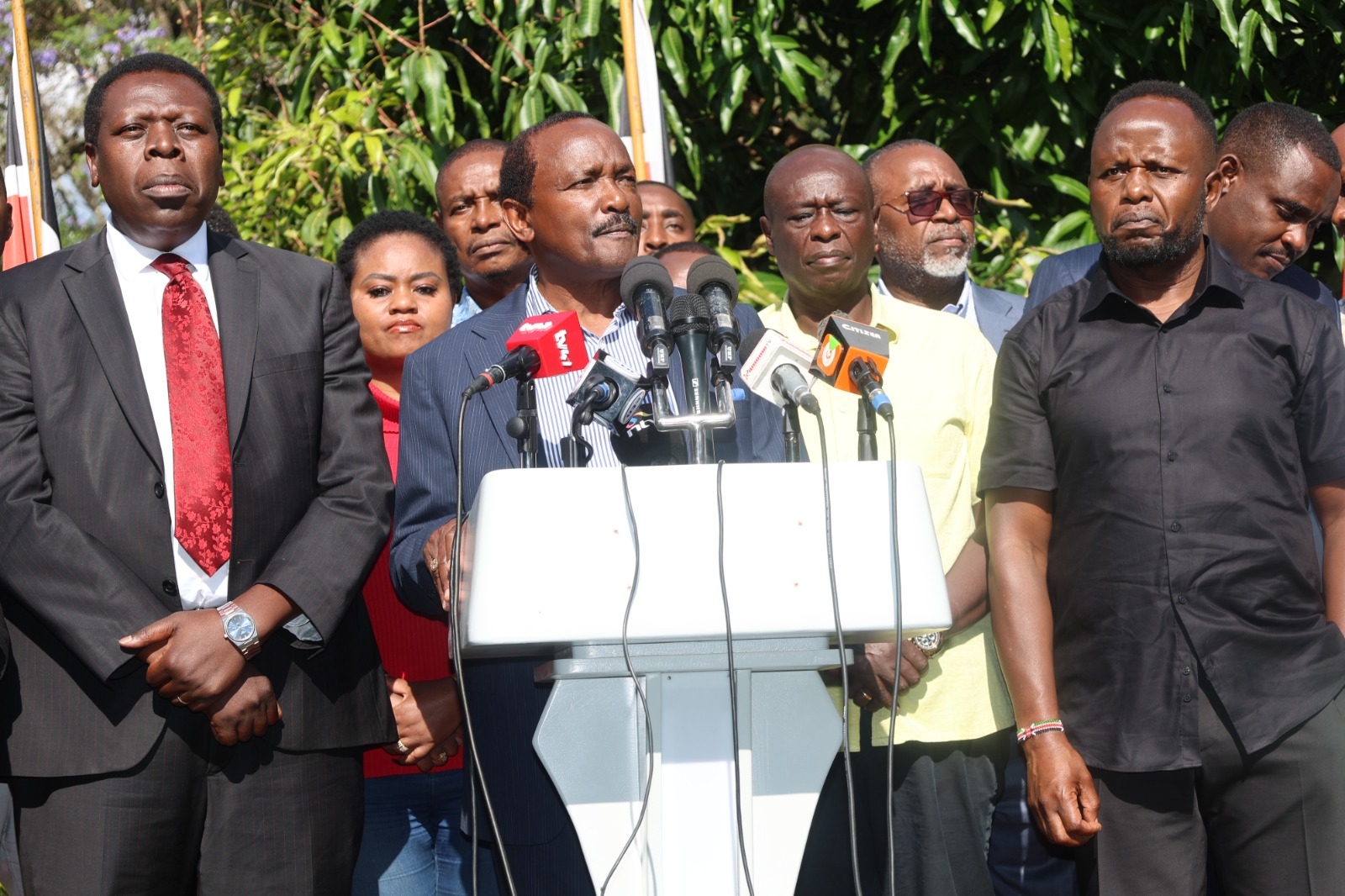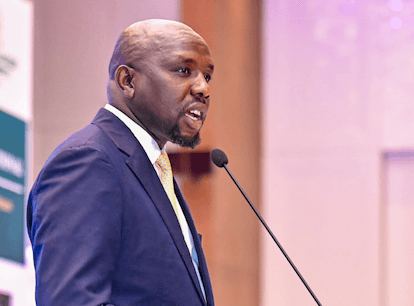An item in the Standard (Monday, March 25) was headed, dramatically, “State Property can be auctioned or Cabinet Secretary jailed over debt” and it purported to explain a ruling/judgment by Justice Sifuna on March 15 .
It told us that the judge had declared two sections of the Government Proceedings Act unconstitutional and that this meant that (to take just one suggestion) you could advertise State House for action to recover a debt owed to you by government.
It also quoted some great language from the judge about the transformative nature of the Constitution.
I am here to tell you not to believe everything you read in the papers about law. But the case does give rise to various reflections that I shall share with you.
The case
Absa Bank sued the Kenya Deposit Insurance Corporation – not the Kenya Institute of Curriculum Development as the newspaper would have you believe (maybe the journalist wrote KDIC and the editors read KICD!). The bank had by error paid rather too much money (Sh215,346,841 too much) into the insurance fund (which protects some of people’s investments if a bank gets into financial trouble).
The bank sued in October 2022, and the KDIC, once given proper notice, had 14 days to indicate its intention to defend, and then file its defence. It did the first but not the second. Eventually the bank tried to get judgment because there had been no serious effort to defend the case. At that point the KIDC woke up or got into a panic, as the judge said, and asked for an extension of time to file its defence. That application was the subject of this case, and the judge rejected the application. So he gave judgment against the KIDC, ordering it to pay back the money – or maybe give the bank credit against its future contributions.
First reflection: it is disheartening to see how often public institutions don’t take their obligations under law – and their role in protecting the interests of Kenyans – seriously enough. Incompetent prosecutions and mysterious applications to withdraw apparently strong cases are examples. Here we have another.
As the judge commented, the corporation spent months exploring technicalities and insisting it has certain protections as government. “Inexcusable neglect, lack of diligence and wilful conduct” the judge said. And it was our money they were wasting with this case. Public institutions should not be defending the indefensible at our expense.
The Government Proceedings Act
The judge went to town on this. It is an “archaic colonial outfit”, conceived “to control litigation against the repressive unelected and therefore illegitimate regime it “inadvertently escaped the post-2010 legal reforms”, and “a dinosaur that has outlived its usefulness”.
This Act was passed in 1956. It was closely based on the UK Crown Proceedings Act of 1947. Each Act made it much easier to sue the relevant government than in the past; for example, it had been impossible to sue the government in tort (such as for negligence) with many other oddities, technicalities and injustices.
Provisions of the Act that have been specially criticised, as in this case, are sections 13A and 21. The first says 30 days’ notice must be given to government of any intention to sue it, with brief details of what the case is about. Only then may the formal case be begun. It was introduced in 1974 – well after independence.
The other is section 21 which limits the possibilities of enforcing court judgments against the government – seizing government property for example.
The decision
The main point was that the KDIC could not claim to be “government” for this purpose – and this had been decided in earlier cases, so was not new (the more reason for the corporation not to have wasted money on it).
However, the judge proceeded to declare those two sections of the Act unconstitutional – he even presented them as the “final orders” in the case – and not the decision about the KDIC not being “government”.
First section 13A he said was unconstitutional. I am not sure s. 13A is such a bad idea – maybe litigants generally should be required (with reasonable exceptions) to inform the other side that they plan to sue, as an encouragement to settle cases, and to avoid using court processes unnecessarily. Anyway, the section has been declared unconstitutional several times, first in 2012.
A previous effort in a Kenyan court, in 2017, to get section 21 of the Act held unconstitutional failed. The three High Court judges in that case pointed out that the lawyers did not rely on Article 48 of the Constitution – on the right of access to justice – a hint perhaps that this argument might have succeeded. This was unlike a South African case in which their similar section was held unconstitutional, on the basis of their access to justice provision.
Reflections
Kenyan judges often summarise the arguments on both sides. What concerns me about this judgment is that it is not even clear that a party raised the constitutionality points. The judge said these sections violated the letter and the spirit of the Constitution, but did not mention which Articles - though he did mention the phrase “access to justice”.
It has been said judges may raise constitutional issues – but if so they should invite the parties’ lawyers to address the court on the matter. The more controversial and complex the issues the more important that they are properly argued in court. Here s.13A is perhaps generally agreed to be unconstitutional. But section 21 is complex. While we need a better system for ensuring that people who win against the government get what the court has ordered, we cannot have parties – or the bailiffs – taking away hospital equipment, for example, to satisfy judgments. The situation is different from judgments against private parties, whose property is not that of the people of Kenya.
It is for this sort of reason that courts often give government time to revise the law – as the South African court did. Unfortunately our government often ignores such orders.
Colourful language about the law does not advance serious debate. And laws should be declared unconstitutional only with full consideration of the pros and cons, not just for the parties to the case but in the broader public interest.
And it is not clear to me that it is possible for a judge in a case that involves only a private party and a government corporation to make a general order for the suspension of a section of an Act that would affect government as a whole – not a party to the case. Indeed, decisions of High Court judges bind the parties involved in the particular case. In a later case not involving the same parties another High Court judge could decide differently, unless a higher court had reached the same decision.
We do not have a system for dealing with declarations of unconstitutionality of laws. Who knows about them – especially the citizens whose lives are supposed to be governed by the laws? Even lawyers and judges may not. Does government know about them? In South Africa the Constitution says declarations of unconstitutionality are not final until confirmed by the Constitutional Court. We probably can’t require something similar – it’s not in the Constitution. But we do need a better system.
The online database Kenya Law does try but is dependent on the courts to send it cases, and is underfunded. It, for example, does not clearly indicate that s. 13A of the Government Proceedings Act has been held unconstitutional.
Finally – picking up the judge’s comments about old law and the constitution – it is true that a lot of our statute law needs amendment, to take account of the constitution and of changing norms and practices. It is a function of the Law Reform Commission “to ensure that [Kenya’s Law] is modernised, relevant and harmonised with the Constitution of Kenya”.



















